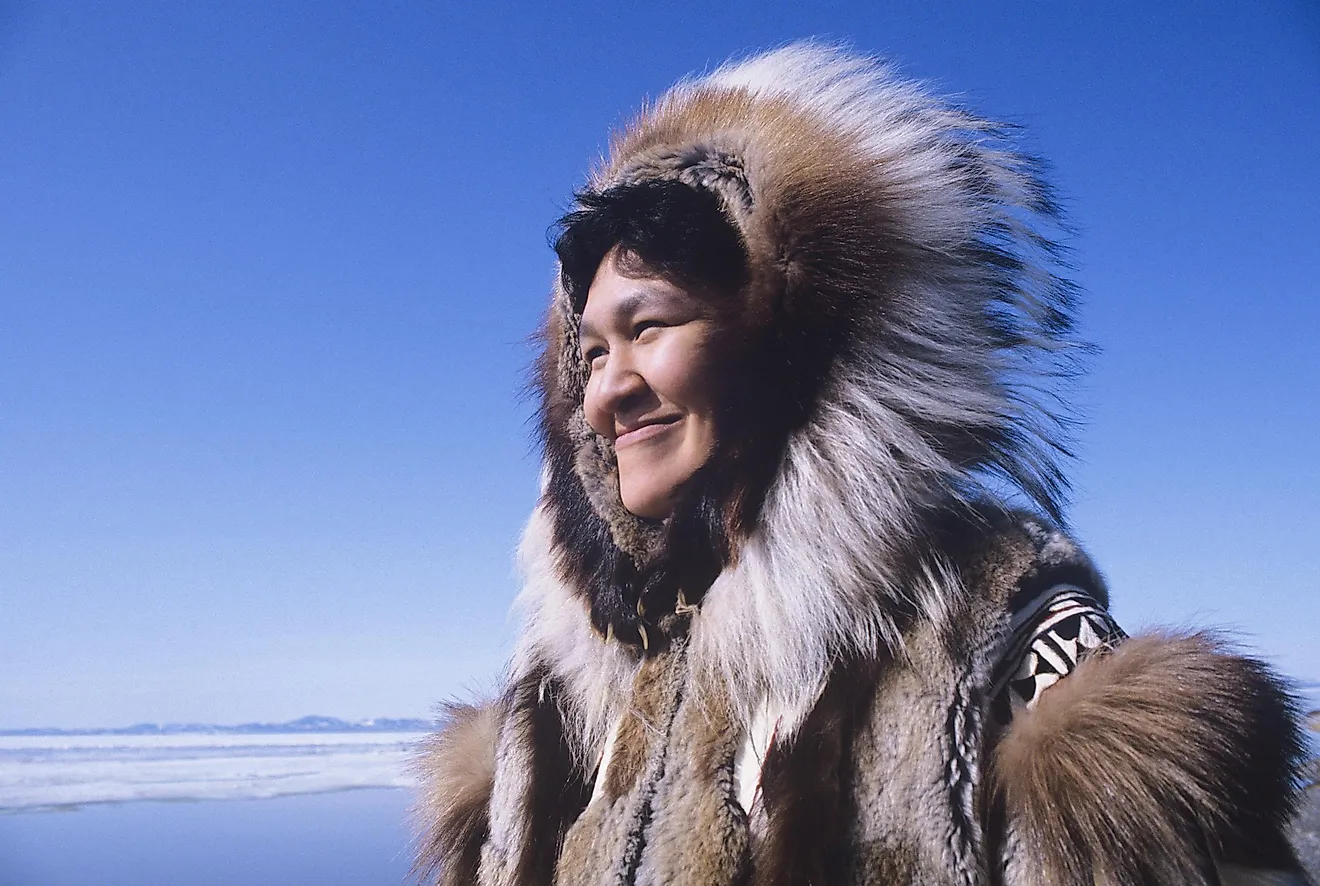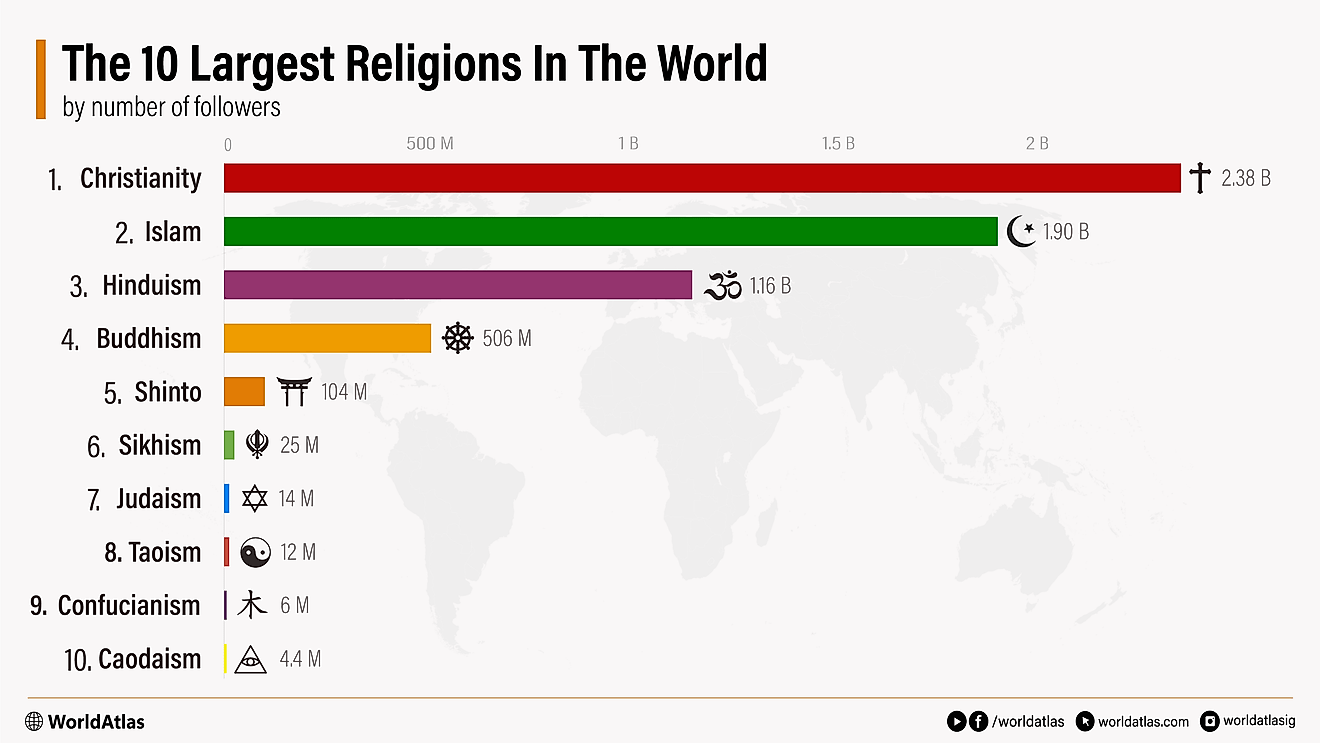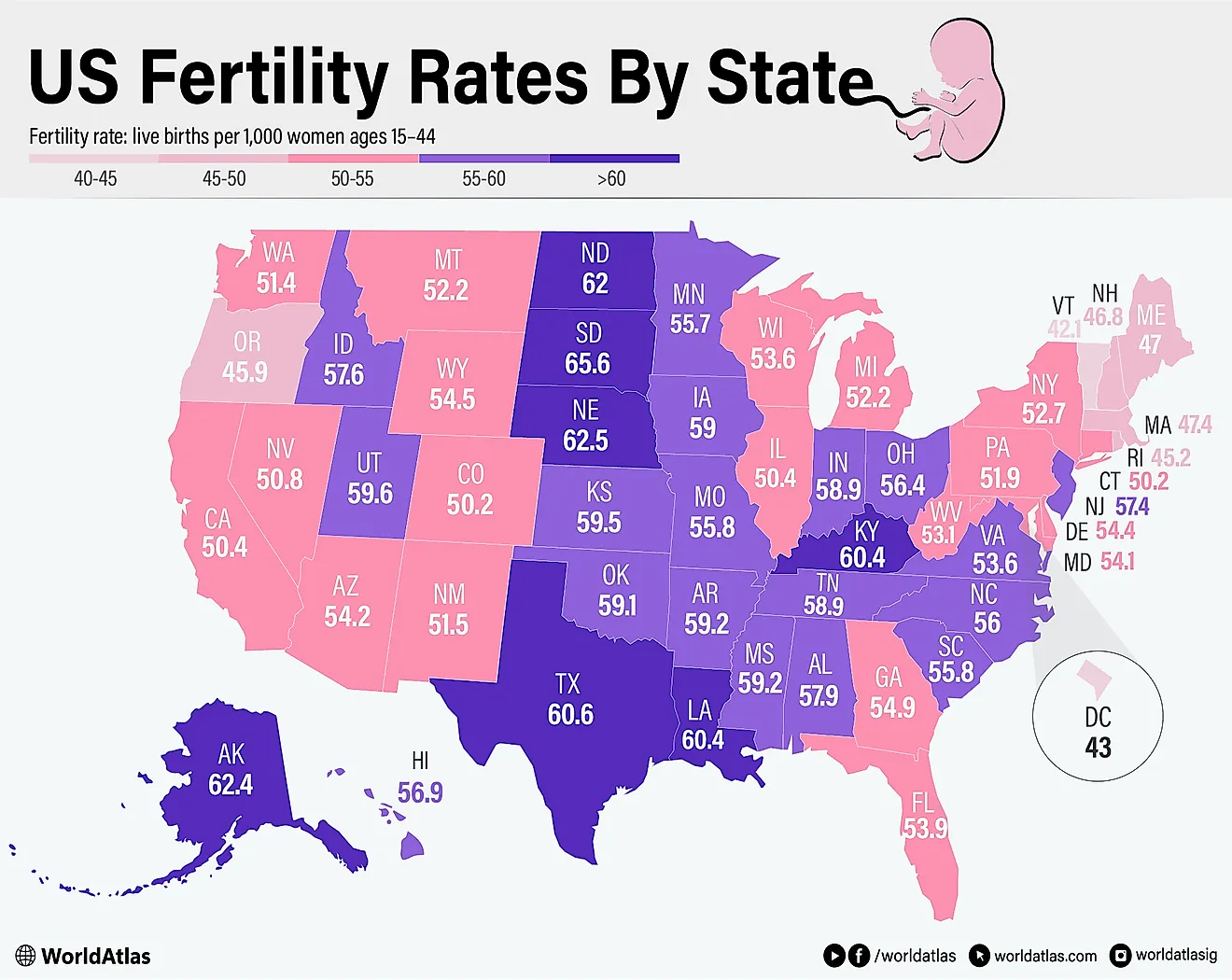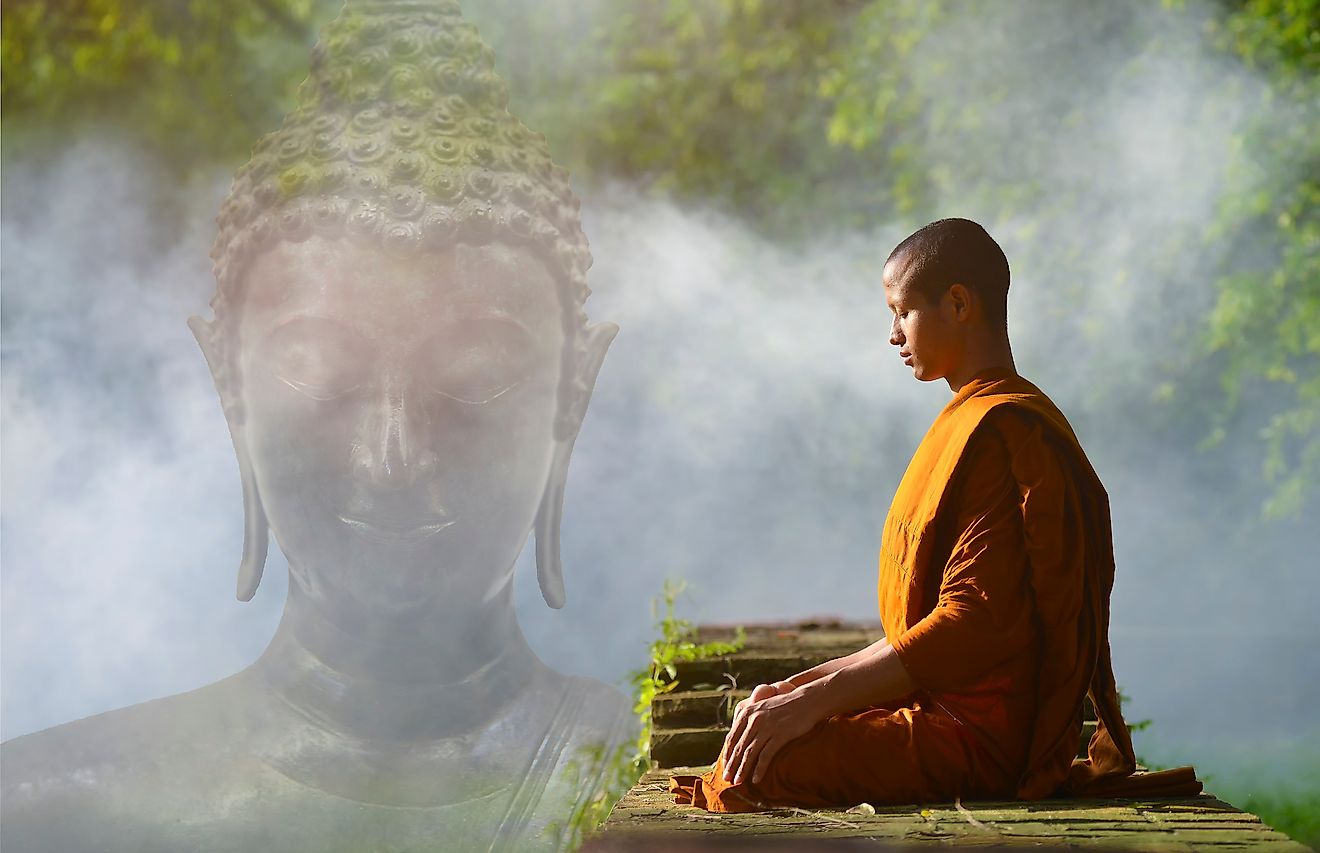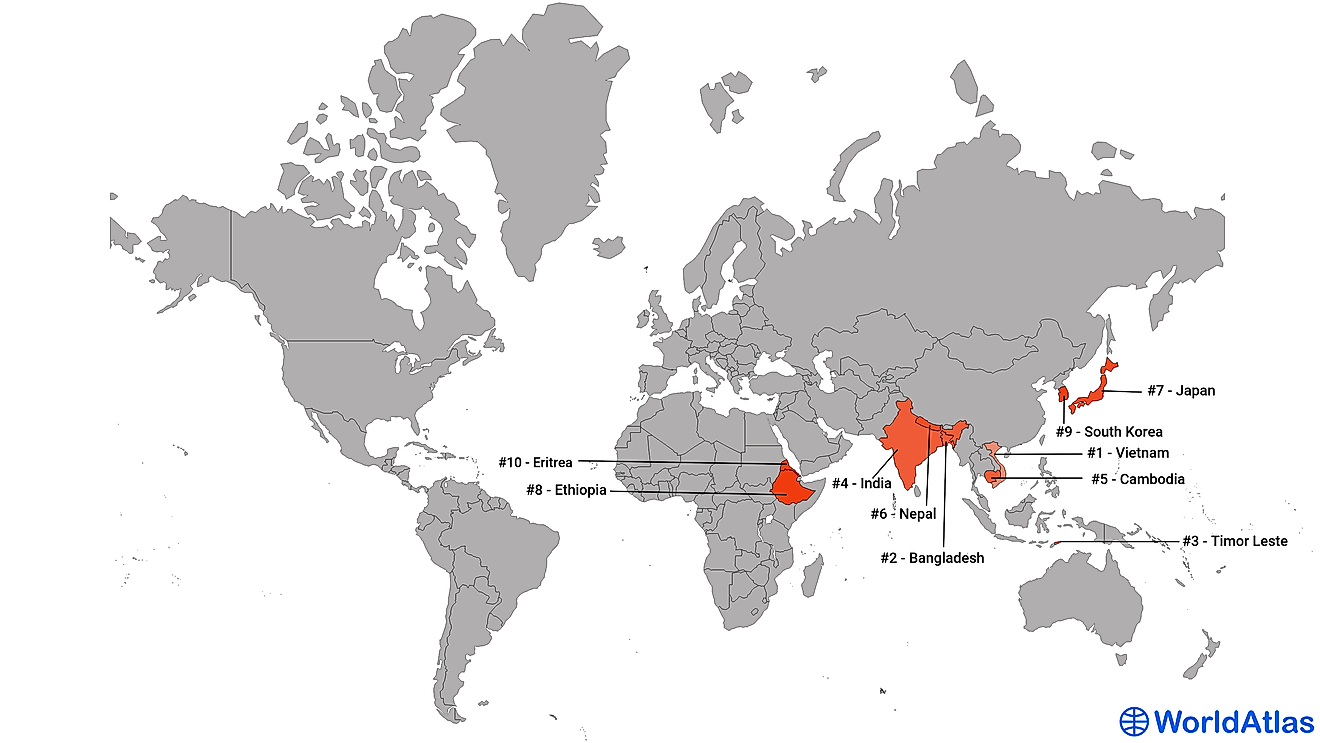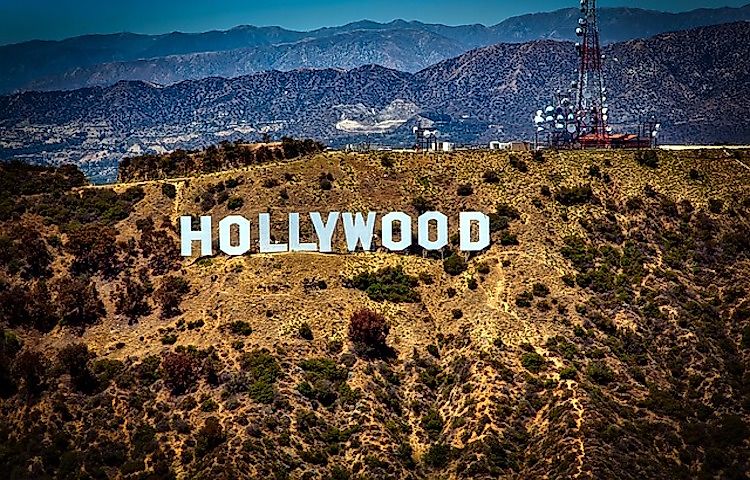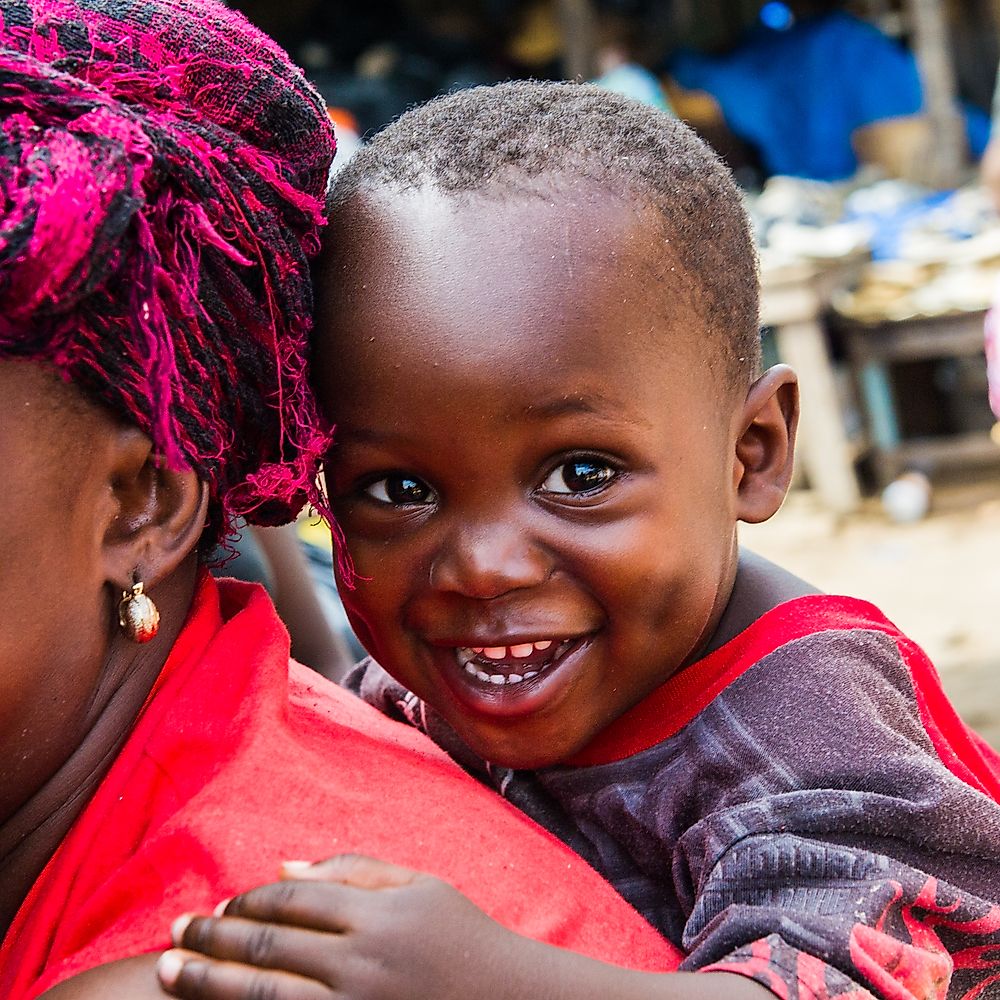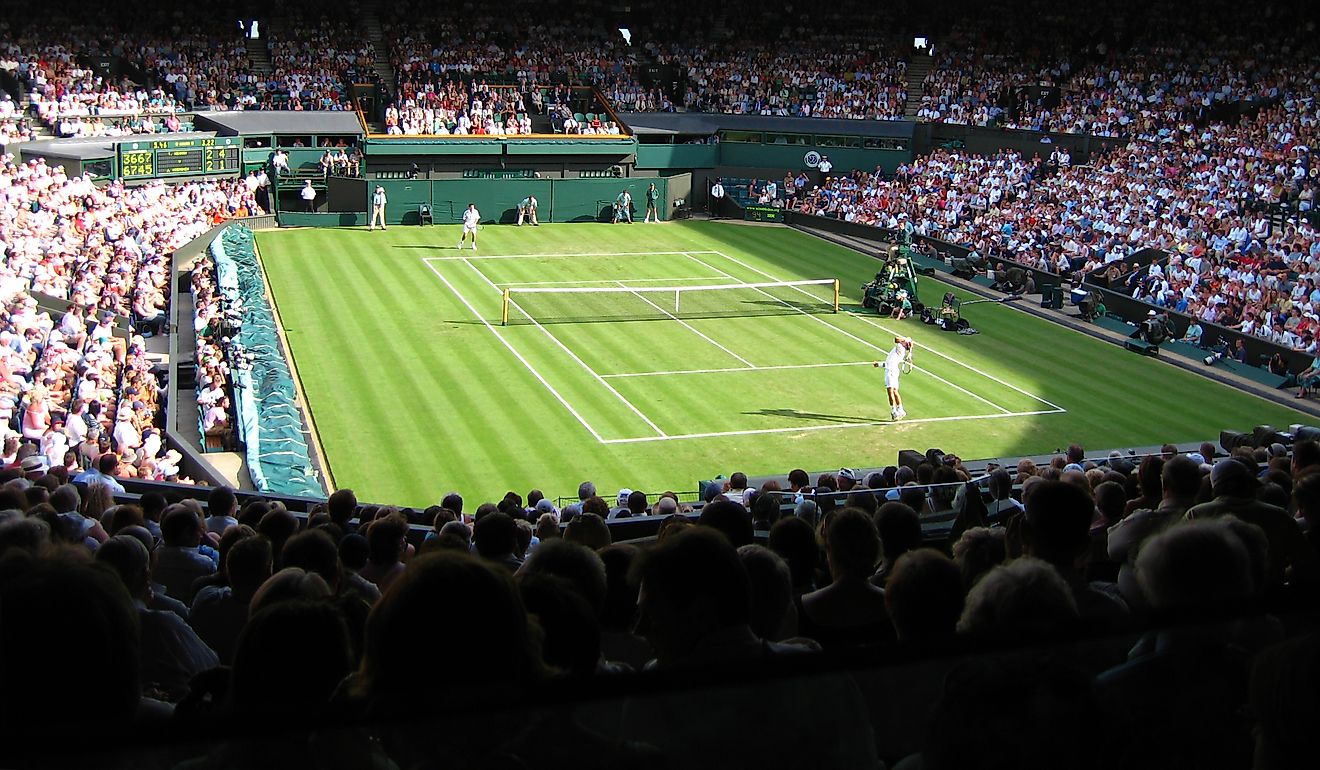Religious Beliefs In Senegal
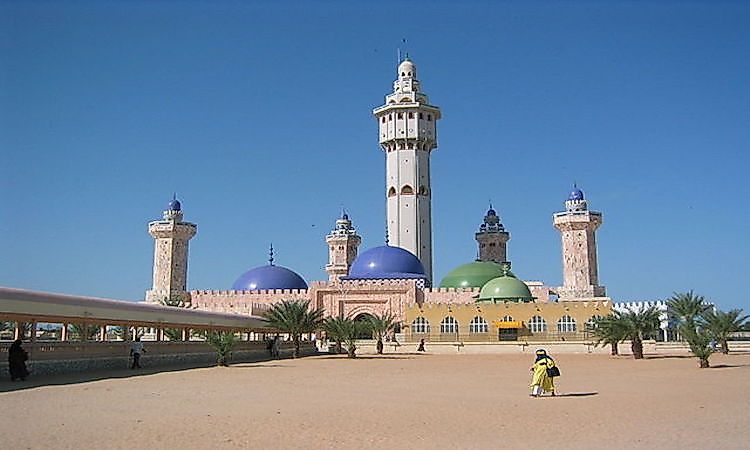
Senegal is a West African country that borders Mali, Guinea, Mauritania, Guinea Bissau, and Gambia. Senegal has a population of about 13 million and its capital city is Dakar. Religion is an important aspect in the Senegalese culture and customs. Senegal is predominantly Muslim, with Christians and other religious minorities being well tolerated.
Religious Beliefs In Senegal
Islam
Most of the Senegalese population is made up of Muslims who practice Sunni Islam that is based on the Ash'arite deity and the Malikite philosophy. Approximately 1% of the Senegalese Muslims practice Ahmadiyya Islam. In Senegal, there are four brotherhoods that represent Sufism including Layenism, Tijanism, Mouridism, and Qadiriyya. In Ouakam, the NabyAllah movement surfaced recently and established a Mosque of the Divinity. Layenism is a Senegalese Muslim Brotherhood that is focused on Mahdism. The Brotherhood is originally from Yoff. The founder of the Leyanese Brotherhood is known as Seydina Limamou who began his prediction on May 24, 1883, when he was aged 40. Seydina preached and taught how to worship and abide by Muslim religious laws.
In Senegal, one of the most important Sufi brotherhoods is the Tijanism. Kaolack and Tivouane are vital cities for Tijanism with the former being home to Baye Niass and the latter to Malick Sy who both taught pacifist messages. Tijanism is the most represented brotherhood in Senegal since 60% of Senegalese are followers. Mouridism is not only the most important brotherhood in Senegal, but it is also the most important of Sufi brotherhoods in sub-Saharan Africa. The brotherhood's main city is Touba which is also home to one of the biggest mosques in Africa. Lastly, the Qadiriyya is the oldest of Senegalese Brotherhood and was established by Sufi mystic in the 12th century by Qadir al-Jilani. Islam is the predominant religion in Senegal, and it accounts for 92% of the population.
Christianity
Most Christians in Senegal are of Serer ancestry and are found in Casamance area which is in South of Senegal and other bigger cities in Senegal including the Capital Dakar and Saint-Louis. Christians in Senegal have a pilgrimage site at Popenguine. At the beginning of the 20th-century father Daniel Brottier, founder of the Orphelins Apprentis d’Auteuil constructed the Cathedral of Dakar. Protestants in Senegal are equally accounted for by the Protestant Church of Senegal, and the same applies to the other Christian denominations. At present Christians in Senegal account for 6% of the population.
West African Animism, Hinduism, and Other Beliefs
Hinduism in Senegal is widely practiced by people of Indian decent. Animism, on the other hand, is practiced and highly respected by many Senegalese people who choose to maintain adequately strong ancestral knowledge. The Senegalese people practice and hold dear some old beliefs such as the power of gratitude and saying thanks, protection from water and among others. The Baobab is also known as the 'House of Spirits' is a sacred tree of great importance to the Senegalese people. The Hindus, Animist and Senegalese people who practice other beliefs account for 1% of Senegal's population.
Senegalese Youth And Religion
Despite religion being a fundamental part of the Senegalese culture more and more youth are straying from their parent's religious expectations to more contemporary beliefs. Some of the youths in Senegal are influenced by the hip-hop culture while others try to promote their traditional values to the Senegalese public and political arenas. In Senegal, religion might play a very a significant role to the older generation but serves a very different purpose to different youths in the country.
Religious Beliefs In Senegal
| Rank | Belief System | Share of Population in Senegal |
|---|---|---|
| 1 | Islam | 92% |
| 2 | Christianity | 6% |
| West African Animism, Hinduism, and Other Beliefs | 1% |
